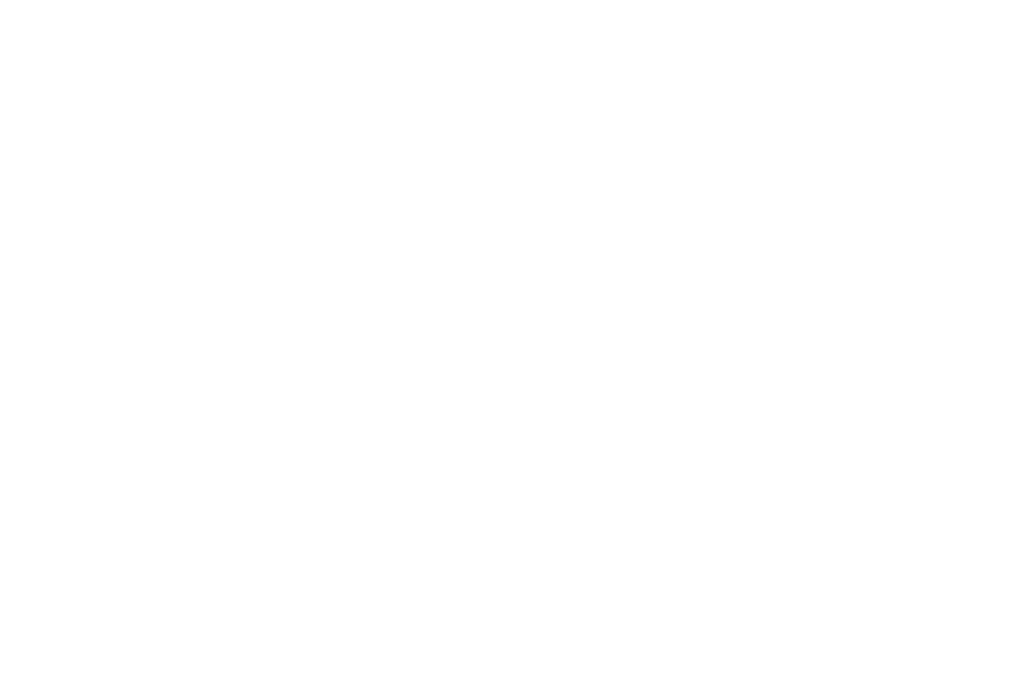PM Hamdok: ‘Bank of Sudan should fall under Cabinet to achieve reform’
Prime Minister Abdallah Hamdok has said that there is now an abundance of flour and fuel in the country, with sufficient stocks to cover the country’s needs for more than a month. He promised to overcome the logistical and distribution crisis in the coming weeks, stating that the government has achieved success in providing cash.
 Sudan's Minister of Finance and Economic Planning, Ibrahim El Badawi says that up to 450 kilograms, equivalent to $25 million in gold is smuggled daily (File photo)
Sudan's Minister of Finance and Economic Planning, Ibrahim El Badawi says that up to 450 kilograms, equivalent to $25 million in gold is smuggled daily (File photo)
Prime Minister Abdallah Hamdok has said that there is now an abundance of flour and fuel in the country, with sufficient stocks to cover the country’s needs for more than a month. He promised to overcome the logistical and distribution crisis in the coming weeks, stating that the government has achieved success in providing cash.
He criticised the role of the Central Bank of Sudan (CBoS), explaining that “it does not play its role in controlling the banking system” and that “it has turned into a commercial bank speculating in gold”.
He said that the CBoS currently belongs to the Sovereign Council, demanding that it should fall under the Cabinet to achieve the required reform.
He attributed the steady rise in the Dollar exchange rate to speculation by traders, along with the structural imbalance in the economy and the lack of adequate reserves of hard currencies.
Gold smuggling
The Minister of Finance and Economic Planning, Ibrahim El Badawi said that up to 450 kilograms, equivalent to $25 million in gold is smuggled daily.
On Tuesday, El Badawi said in an interview with the National TV that the transitional government is working in a harmonious manner in conducting policies to control the gold market so that there is no diversion or smuggling of gold, except for export through official channels.
Economic expert and leading member of the Communist Party of Sudan, Dr Sidgi Kaballo, called for the state to be the basis in producing and exporting gold by entering as a primary partner with a high percentage in the major companies.
Yesterday at a symposium at the headquarters of the Communist Party in Khartoum, Kaballo said that this measure increases the state’s income and revenues, in addition to obtaining foreign exchange amounts that contribute to the achieving of the trade balance and balance of payments.
He attributed the trade imbalance to importing luxury goods, explaining that preventing their import leads to adjusting the exchange rate and reducing the demand for foreign exchange by $1 billion, equivalent to 16 per cent of the trade balance.
Kaballo launched a sharp attack on the 2020 budget, describing it as inconsistent and unrealistic at the level of revenues and expenditures.
He told the symposium that “the budget is following in the footsteps the budgets of the era of the former regime”.
2020 Budget
He explained that it would weaken the transitional government and threaten the democratic transition.
Kaballo pointed to the close relationship between the fall of democracies and economic crises.
He cautioned that the increase in the amount of revenue in the budget is not real, noting that tax revenues cannot be increased by 40 per cent.
He reiterated his categorical refusal to lift subsidies on commodities and increase the Dollar exchange rate, indicating that this leads to increased inflation and higher prices.
Kaballo criticised the budget for adopting 22 per cent of its revenue on grants, saying that the budget’s plan to reduce them to 30 per cent is unrealistic.
He revealed that the economic committee of the Forces for Freedom and Change proposed the Minister of Finance provide petrol subsidies by imposing the amounts on private vehicles.
He explained that the lifting of subsidies on petrol affects the prices for use of rickshaws, Hiluxes and taxis.
Kaballo accused the Minister of Finance of hiding the detailed information of the budget, noting that they have not been submitted a copy of the revised budget, saying that this did not happen even under the dictatorship.
Radio Dabanga’s editorial independence means that we can continue to provide factual updates about political developments to Sudanese and international actors, educate people about how to avoid outbreaks of infectious diseases, and provide a window to the world for those in all corners of Sudan. Support Radio Dabanga for as little as €2.50, the equivalent of a cup of coffee.









 and then
and then